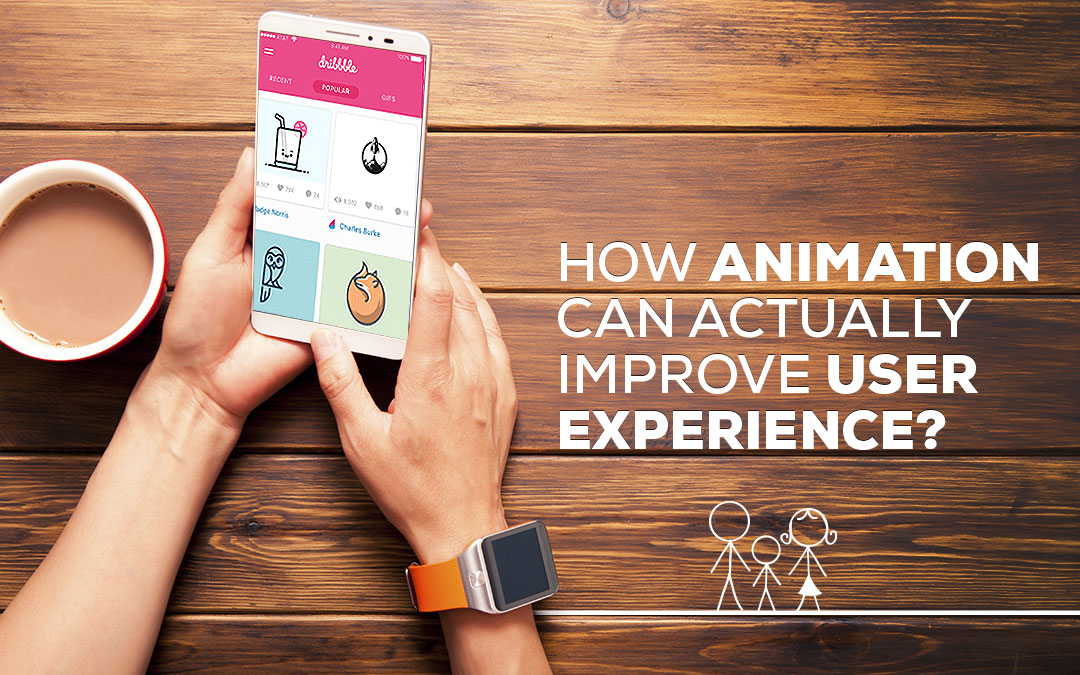Want to give your designs a dash of creativity? Let animation do its magic. Well crafted animations actually make the users feel valued because of its human centered design that gives them a sense of well-being. Be it simple or elaborate renditions, animation can fascinate the users very well. That said, the scope is just not limited to the eye catching ability as it can also effectively enhance the meaning of a user interface and create successful interactivity. The tool is dynamic and if done correctly can affect communication flow, retain users’ attention, add affordances and show them the outcome of their actions. However, remember animation is just not to add the cool quotient to your product.
Don’t overload your site so as to seek maximum benefit out of it. Even a subtle touch that is instinctive and user centric can add to user experience. Yes, just the basic animation like loading sequence, calls-to-action and navigation can do wonders to your site. It is important to also understand the need for invisibility of animations so that the human factor is not ruined in designs. With proactive motion UI frameworks, now is the time to get the leverage of motion in your product. This article will explain why animation is an ideal tool to get that perfect user experience.
1. The Rise
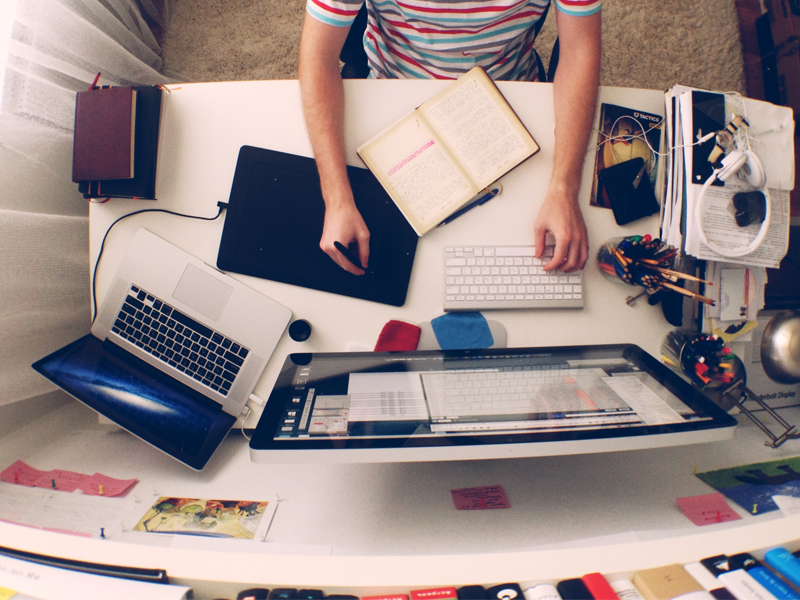
In the recent times, animation has come up as a robust and attractive platform. This is all because of the advent of new and advanced CSS3. The discovery has bought a whole new range of powerful properties thus allowing the designers to craft extraordinary animations easily. This also implies that the designers don’t have to waste their time on complicated JavaScript animations. Of course, with all the time and energy that JS demands it’s better to invest gradually rather than being exhausted from the stage one of designing a web or app.
Besides the proficiency that CSS3 @keyframes and other webkit properties grant, designers can also access an infinite pool of custom codes shared by other talented designers conveniently. These shared codes can inspire other designers and be really helpful by making ready-to-use animations available.
2. The Job
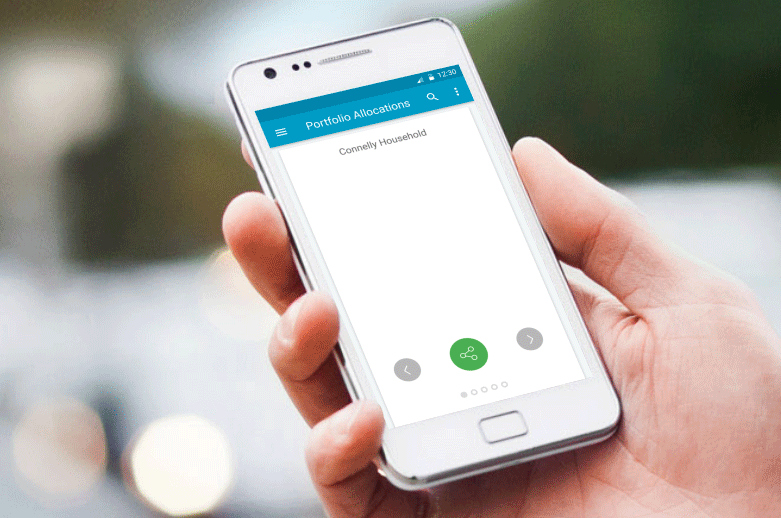
When it comes to digital user experience, motion should supplement meaning and not interrupt the flow of the experience. Even when the objects change and adjust on the screen, there should be a continuity and natural flow. Sometimes even a slight touch creates most meaningful motions. In short, animation is not only about look but feel of design.
- The motion of a UI element should feel real and not deliberate. Accelerate objects quickly and decelerate them on a slow pace to prevent sudden changes in velocity. Physical objects constitute mass and get in motion only when forces are exerted to them. Thus, objects can’t move or halt in an instant.
- Feedback is the valuable reason behind animations. Buttons and objects on the screen should give a timely response to the user’s input to show that the application is working. Responsive app refines the experience from a product that gives information to the user on request to a product that connects with a user in a tangible way. It also gives a scope for a thorough exploration of an app.
- A well structured transition allows the user to know where their attention should be fixed. Contemplate how the user’s attention should be kept. Be particular about the animation you want to insert; proper planning on the motion of elements leads to clarity and satisfaction to a transition. Also, evaluate if the movement is an unnecessary embellishment or actually required; if not, remove it.
- Users don’t ignore the details straightaway. Inclusion of fine movements creates a pleasant experience for them and in turn builds a positive brand perception, communicates an emotion and extends a sense of supreme craftsmanship.
3. Great Practices Of UI Animation
Our minds can sense movements in our surroundings very well. Such innate traits can be used to rightly influence and elevate user experience of web visitors. Let us explore how 2D or 3D formats along with subtle animation can enhance user experience.
4. Use Capturing Prompts
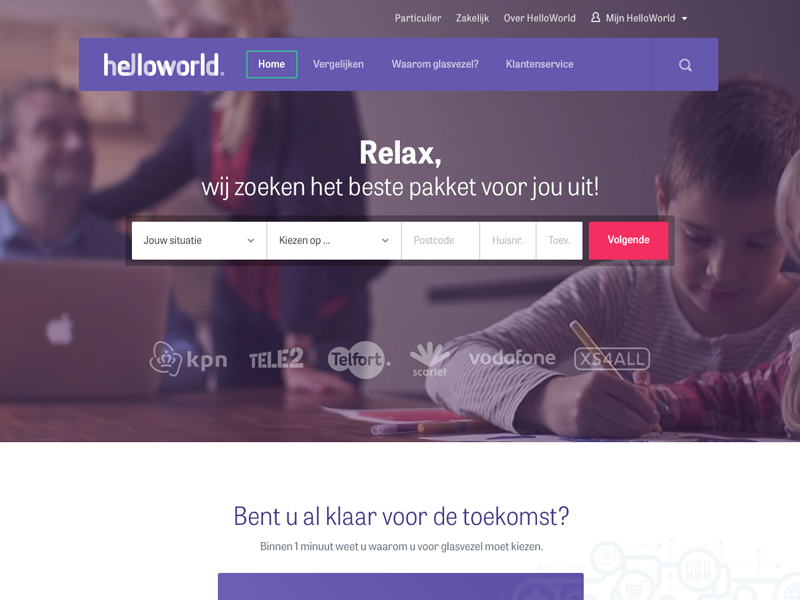
Dynamic user interfaces never dependent on the users’ ability to interpret things like the path to go to a certain point on the website, place to look for more info and the area to click to go to a desired page. It is obvious as the very purpose of UI is to serve as a complete info canvas on which the required information can be easily spotted. In fact, this is the reason you find designers maintaining consistency in the structure of a website.
For example, our experience with web usage has taught has to locate Terms of Service or Privacy Policy at the bottom of the page. Similarly, if we want to look for something on the website, we automatically go to the top-right search bar. Nevertheless, such consistency can’t be followed with the entire layout. There will be areas that will be alien to users. To assist them for navigation of the unknown put guiding beacons in view to avoid confusion.
5. Provide Modification Hints
Visitors don’t want to be left guessing and trying to figure out the changes that in any case have been made to the interface. They want to be updated with any modifications caused by their actions. For this, you don’t have to inform them of their activity through detailed popups. Rather, you can make illustrative visuals to notify them the changes because of their current actions. For instance, attractive animations can be utilized when an item is added or removed.
6. Display Toggle Status
We have already told you the fact that the users hate encountering an unstated change especially if it is sudden. Abrupt changes tend to harm the user experience as the user has no idea what exactly happened and the way he should respond to it. Thus, designers should make it a point to give users on-site cues so that they are familiar with the happenings. Stateful toggles are a brilliant tool to inform. But users might face problem in exiting it. So, the best way is to employ straightforward toggle as it immediately shows an ‘X’ or standard ‘Exit’ or ‘Close’ as soon as the user clicks on the menu icon. If the user desires on leaving the menu, he has to simple click on ‘X’ to make the menu go from the screen.
7. Follow Scrolling Behavior
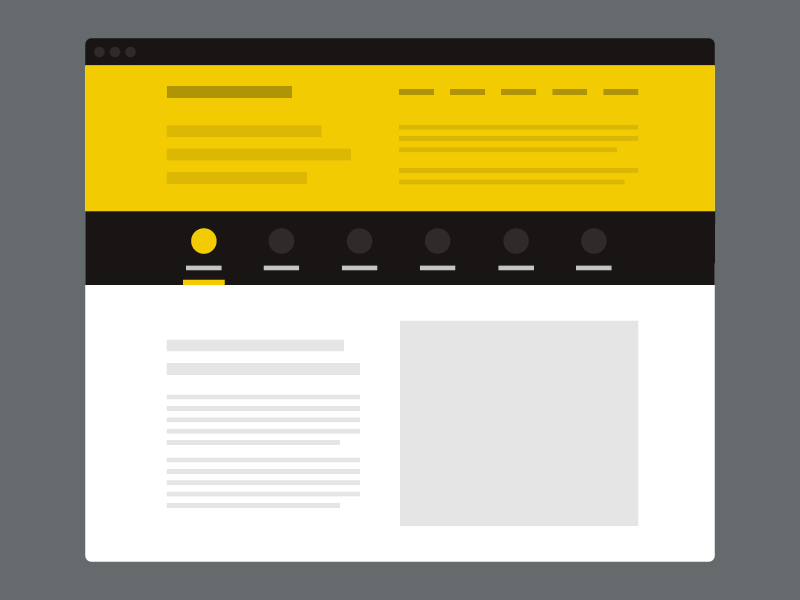
Similar to the straightforward toggle, stateful scrolling is also important to make the users track the flow of information. Sudden or rapid changes can lead to loss of context which in turn weakens the user experience. This usually happens when the user goes from one page to another. For instance, while scanning Home page, the user might feel like getting the contact details of the owner. And to achieve this, he might hop from Home page to Contact-Us, thereby leaving all the other pages in between. In few cases, it results in loss of context, leaving the user confused as to what is going on. One of the best ways is to tell the users of the flow of information by using stateful scrolling.
8. Stay To Inform
Indeed, controlled animations serve as hints or guiding beacons. But if used in the right settings, they can be a brilliant source to inform. From nudging on an error to turning green on notification, it can provide information on any stuff. When used for information as the sole criteria, animation can be the perfect tool to attract attention of the user immediately. With image hover, sleek animations and transitions guide the users about the description of the page. It can be a good choice for feature image or a testimonial.
9. Valuable Transitions
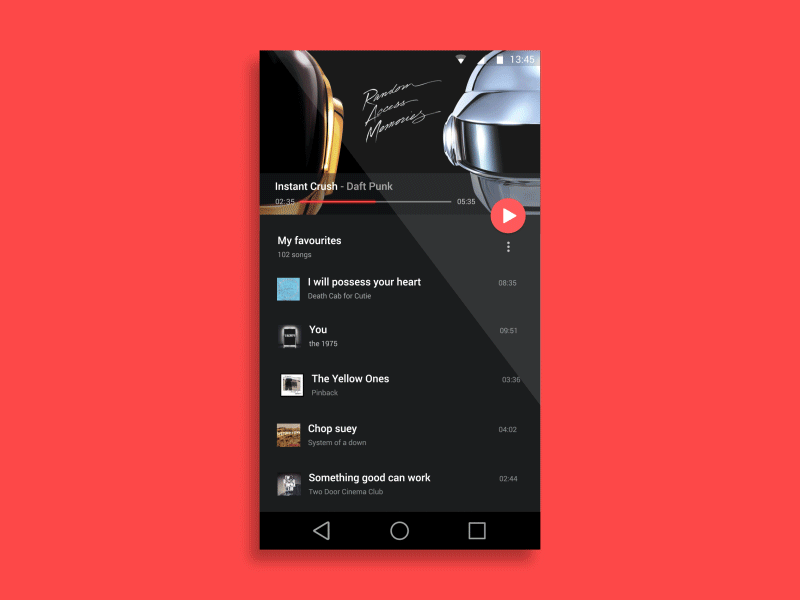
Animation is a must if you want to conveniently move the users between navigational contexts, highlight the changes in the structure of elements on a screen or emphasize element hierarchy. Motion design can successfully capture user’s attention and give information and delight. Try creating visual connections between transitions with the help of color and regular elements. The flow between two visual states must be clean, fluid and natural. The direction elements should move cohesively across the transition.
Animation follows the information hierarchy, marking which content is most significant by giving a track for the eye to lead on. The moving elements must present a clear picture as to where to look for the user. Disjointed transactions do more harm than good; make sure to avoid them. Stick to coordination in transitioning objects as haphazard motions are very distracting for the users.
10. Pleasant Details
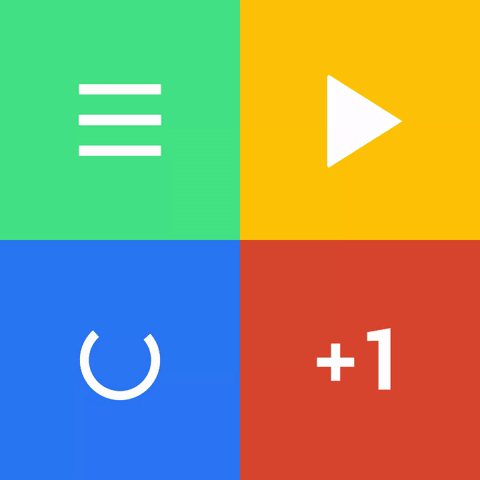
The most standard use of animation is in transitions, but an app can truly entice a user when animation is used beyond its usual measures. It can devote towards all the components of an app and at all levels, from elaborate icons to major transitions and actions. Animations have the ability to prompt users to interact fully. They put an element of empathy in user experience and add emotions. Remember using animation just for the sake of animation is the root cause of poor design. When an animation doesn’t meet a functional purpose, it feels like a burden and annoys the hell out of users. Do consider longevity as to whether the animation will be acceptable at the 100th use or will it irritate the visitors and make them shun your website.
End Note
UI animation is not about showing off the expertise of designers and flaunting advanced animation methods. It should be rationally utilized to make the web transitions smooth and simple to navigate. Pay attention to each and every detail while designing and you will master the concept of human-computer interaction perfectly. Thoughtful motion design creates a powerful channel for communication and encourages the user to delve deeper. Hope the compilation of the best practices in this piece will inspire you to create fine and functional animations.
Images Credit : https://dribbble.com
